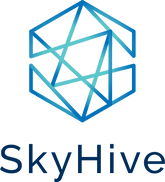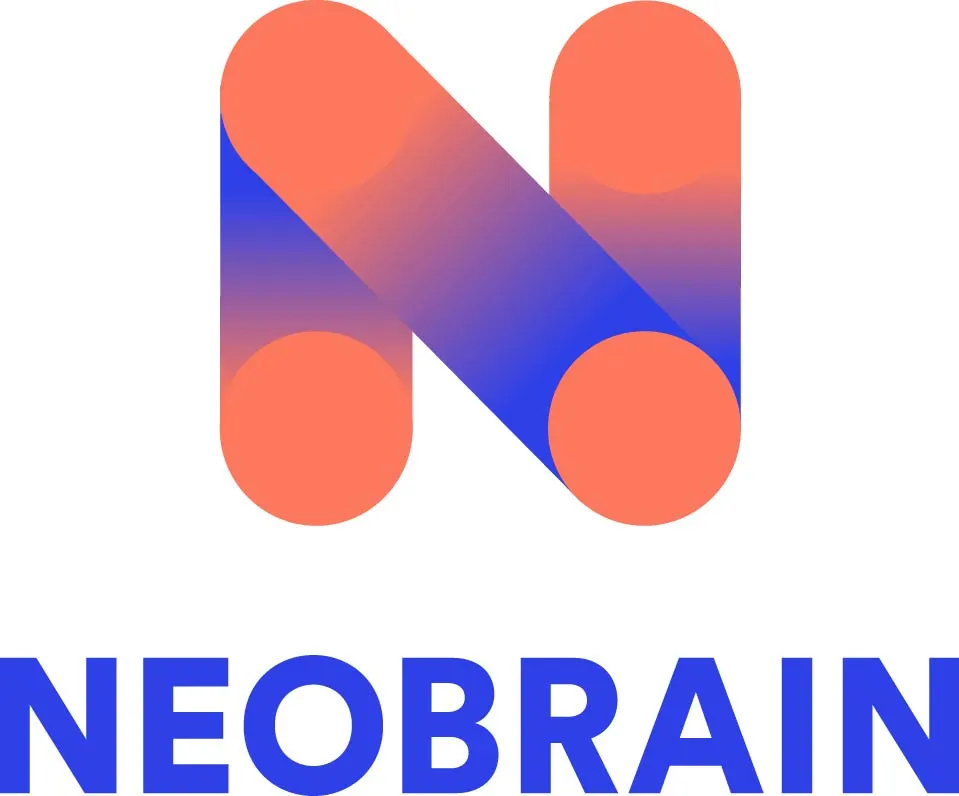Skills-Based Organization: The Grand Comeback in Management Strategies
- Jean-Baptiste Audrerie

- Jan 30, 2024
- 3 min read
The concept of a Skills-Based Organization (SBO) is emerging as a fundamental trend among software publishers, and our clients indicate a strong interest in pursuing such projects in 2024. Deloitte's 2023 study highlights numerous benefits of organizations that have implemented this approach. Deloitte Study Link
With the scarcity and emergence of new skills, it’s crucial to view available and potential resources in a new light.
Not long ago, skill-based approaches seemed unfeasible on an organizational scale. Evaluating each individual, listing skills, and linking data across talent management programs was a Sisyphean task, requiring a veritable army of psychologists to define, measure, and present a robust model of leadership, management, behavioral, and technical skills.
Typically, efforts resulted in a proverbial “mountain laboring to birth a mouse” which often never saw the light of day. Companies commonly resorted to a limited lexicon of 10 to 12 managerial or meta-skills for performance evaluation, a stark contrast to the 150 to 350 total skills needed to run a medium-sized business.

Skills-Based Organization as a hot topic in HR and Business Transformation
However, skills form the common language at all stages of the talent lifecycle and across all HR programs, linking experience pathways and informing human capital vitality. For organizations focused on or aspiring towards analytics, skill-based approaches are a hotbed for strategic alignment with business objectives, digital transformation, and corporate culture.
The digital and ecological transitions demand data without silos for movement and achievement of company and individual goals. Those who transform know where they start and where they need to go in terms of capabilities and skills.
What has enabled this resurgence in skill-based management?
Shifts in Talent Management:
Moving from talent acquisition to finding new talent access pathways.
Focusing less on degrees and more on experience, skills, and learning aspirations.
Viewing jobs not as destinations but as learning experience journeys.
Shifting from consuming talent to identifying, valuing, and recognizing individual potential (Buy or Build Model).
Planning proactively for workforce and the intangible costs associated with long-term skill and performance losses, rather than reacting defensively to economic fluctuations.
Evolving from being just an employer to an integrator of talents, combining consultants and outsourcing partners.

AI is revolutionizing every stage of the talent lifecycle with intelligence and efficiency:
Skill-based, CV-less recruitment.
Pre-selection evaluations to detect learning agility.
Video interviews focusing more on skills than degrees.
Personalized onboarding and training paths based on skill profiles.
Analysis of skill gaps and emerging skills.
Skill-Based Management in Three Acts:
1995-2015: The Parsing Era: The origin of technologies for extracting skills from resumes, job descriptions, and procedures.
2015-2024: The AI Era: The rise of Skills Engines powered by Machine Learning AI, and more recently, generative AIs based on Large Language Models (LLMs).
2017-Present: The Era of TIPs: The emergence of Talent Intelligence Platforms (TIPs) and intelligent skill management modules within multifunctional HCM solutions.
These solutions overlay existing HR systems to help collect, inventory, and analyze skills and present them to individuals, making “Skilling,” “Upskilling,” and “Reskilling” programs easier to manage and demonstrate progress and impact.
Our approach advocates for an open model of talent management, with TIPs focusing internally and Labor Intelligence Platforms (LIPs) externally on labor market dynamics.
The Boom of TIPs in 2024:
TIPs link corporate strategy (Mergers/Acquisitions, Reorganization, Transformation, Diversification, Internationalization, etc.) to human capital management based on skills and their holders. They are pivotal in transforming professions, measuring ROI, and guiding investment decisions in training and requalification with your Skilling, Reskilling and Upskilling initiatives.
Next Steps:
Read our article on the top three trends at HR Tech Las Vegas.
Deepen your understanding of AI capabilities in skill management with our article on major AI announcements by leading HCM solution publishers.
Explore our HR TECH directory to discover all publishers in the Talent Intelligence Platform (TIP) market segment.
Learn about our services in modernization and skill architecture.
Seeking a TIP? We can assist in analyzing your needs and navigating the relevant market solutions for your organization.
















Commentaires